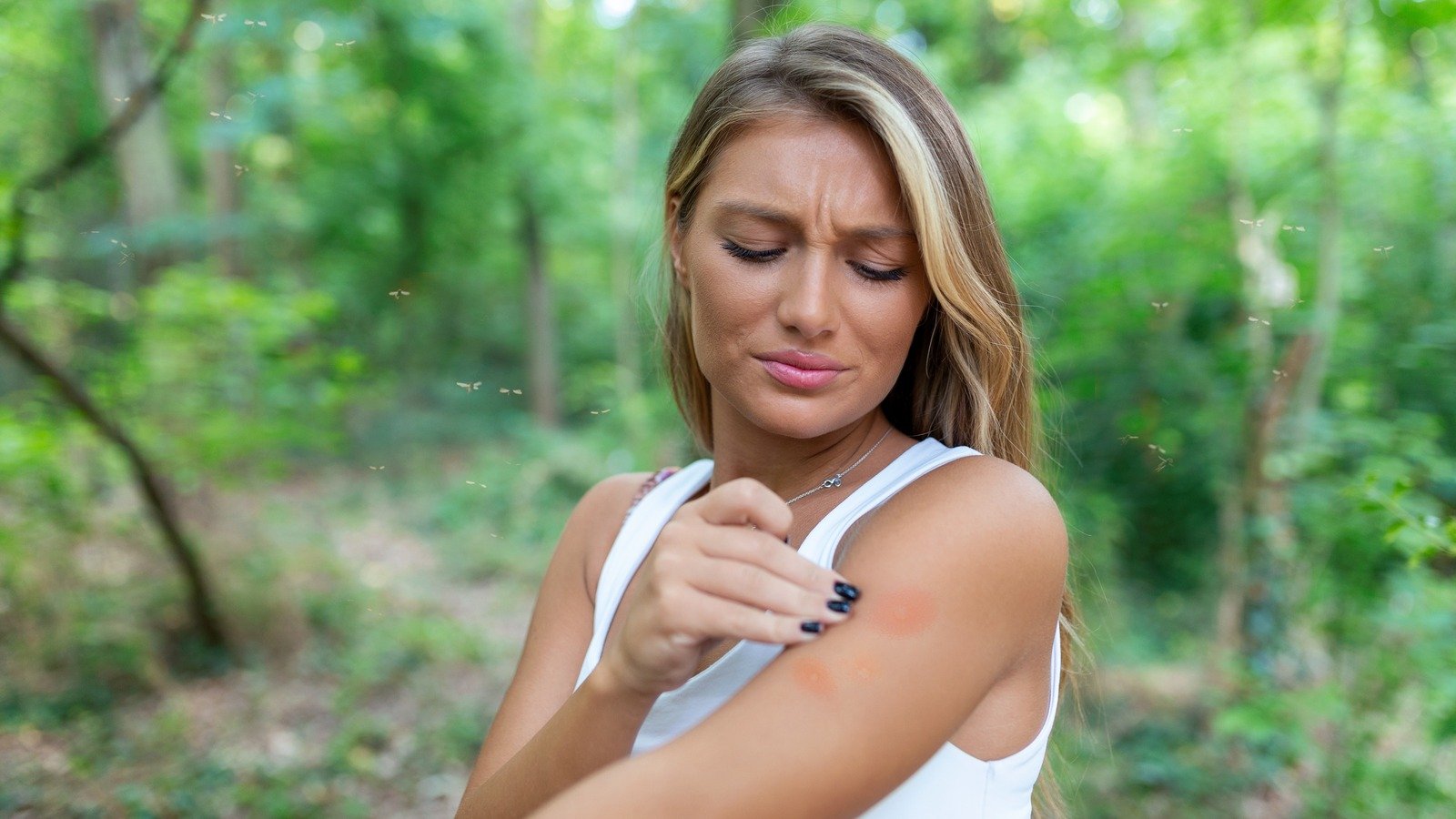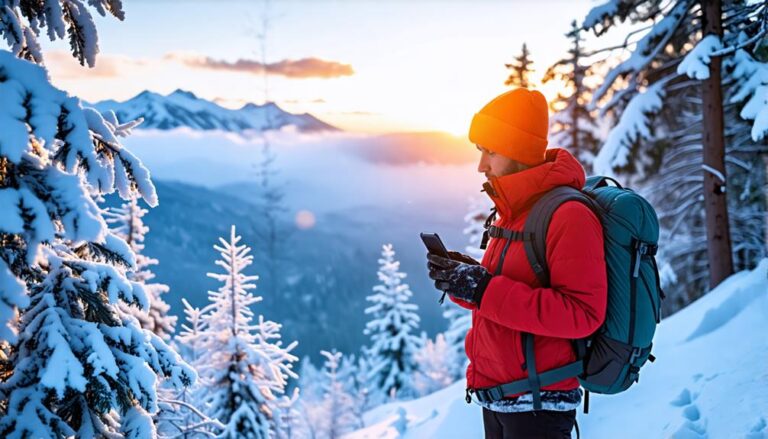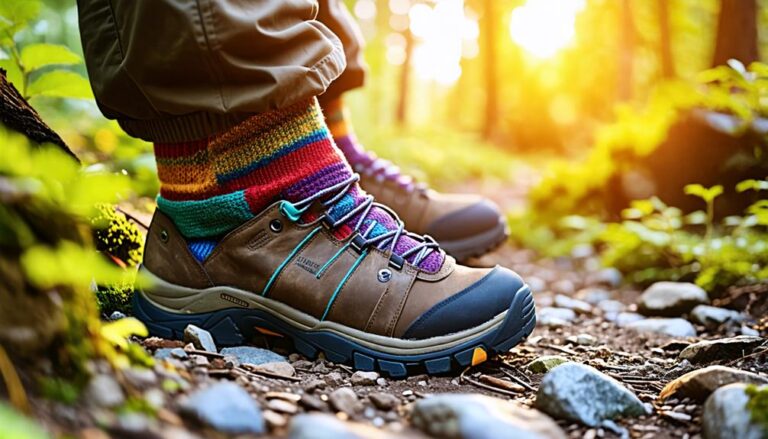Why Whiskey Won’t Keep the Bugs Away: Debunking the Myth of Alcohol as Insect Repellent
Few experiences can match the thrill of camping under a starry sky, roasting marshmallows, and sharing stories around the campfire. However, nothing can dampen the mood quite like a swarm of pesky insects buzzing around. While many campers have heard the advice to use whiskey as an insect repellent, it’s time to set the record straight. This popular hack might sound intriguing, but the science says otherwise.
The Reality of Whiskey as Bug Repellent
While it may be a common belief that whiskey can banish bugs, studies indicate otherwise. Research has shown that not only does consuming whiskey increase the chance of being bitten by mosquitoes, but applying whiskey topically may even attract more insects. This counterintuitive fact arises from the nature of alcohol; it has a strong scent that can appeal to certain bugs, namely black flies. So, if you’re hoping to enjoy a peaceful evening outdoors, it’s probably best to leave the whiskey in the cooler.
The Origins of the Whiskey Myth
But where exactly did the idea of whiskey as a bug repellent originate? It’s difficult to pinpoint, but the concept likely spread through word of mouth and anecdotal evidence. Many individuals assume that if a product has strong ingredients, it must also possess the ability to repel insects. Alcohol does have its uses, but whiskey isn’t the most effective option when it comes to keeping bugs at bay.
Interestingly, some types of rubbing alcohol – particularly those with a higher concentration – are considered to be more effective. Many sources suggest that formulations containing 90% alcohol or more might help deter insects. Still, applying such substances comes with its own risks. Experts warn against using rubbing alcohol on your skin due to the potential for irritation or allergic reactions.
Exploring Natural Alternatives for Bug Repellent
If you’re interested in natural insect repellents that won’t leave you feeling bugged out, consider some alternative household items. For instance, vinegar has been highlighted for its ability to repel certain bugs thanks to its strong odor. Filling bowls with vinegar and leaving them around your campsite could help reduce insect activity in your vicinity.
Additionally, burning coffee grounds is another tactic that some campers swear by. The scent of burnt coffee can act as a natural deterrent for mosquitoes and flies alike. Not only do these alternatives offer a more effective solution, but they also provide a fragrant ambiance to your outdoor experience.
Choosing the Right Commercial Insect Repellent
If natural remedies aren’t doing the trick, you might want to opt for a commercial insect repellent. Brands like OFF! and Repel have developed formulas that contain DEET or picaridin, which are recognized for their efficacy in warding off various types of insects. When choosing a repellent, make sure to select one that lists mosquito protection on its label, and follow the manufacturer’s instructions for application.
It’s worth taking the time to read the ingredients and understand their effects. Some individuals may prefer plant-based options that include essential oils like citronella, eucalyptus, or lavender. These can be equally effective and offer the added benefit of pleasant fragrances.
Enjoying Bug-Free Outdoor Adventures
Getting out into nature and enjoying the great outdoors shouldn’t involve worrying about annoying insects. While some common myths, such as using whiskey as a repellent, may circulate among campers, it’s essential to rely on proven methods. Understanding the facts about insect behavior and using effective products can transform your camping experiences into a bug-free retreat.
So the next time you pack for an adventure, skip the whiskey hack and opt for proven insect repellents or natural alternatives like vinegar and coffee grounds. With the right tools at your disposal, you can focus on enjoying the beauty of nature instead of swatting at pesky bugs. Happy camping!




